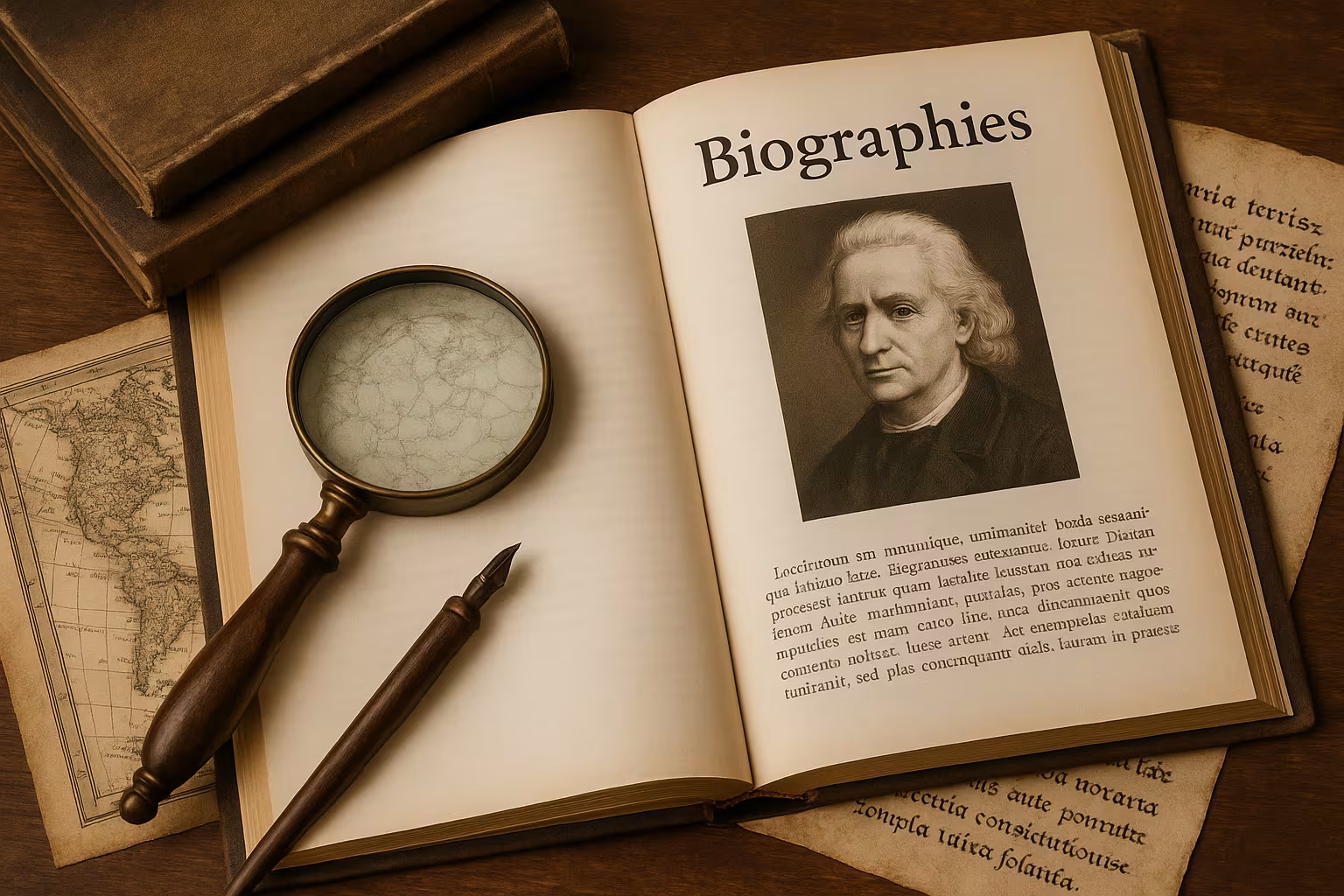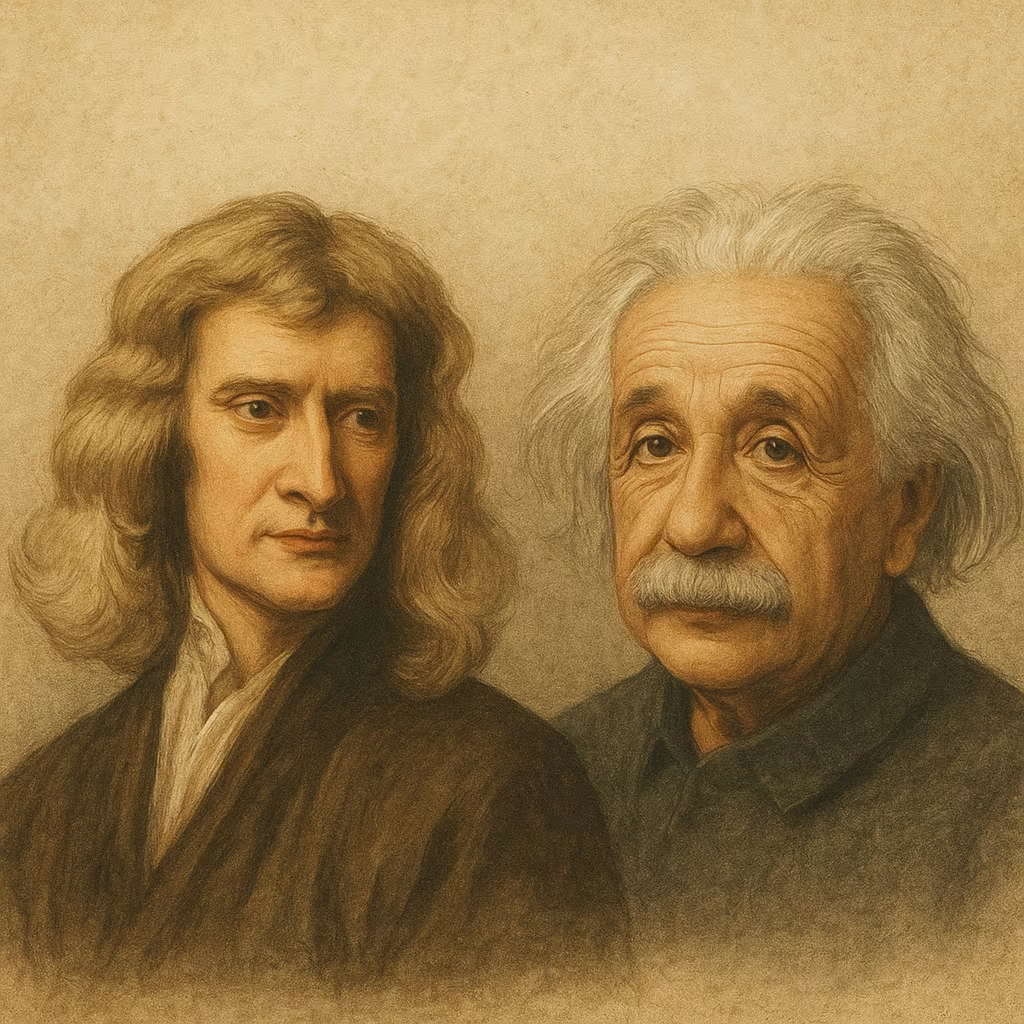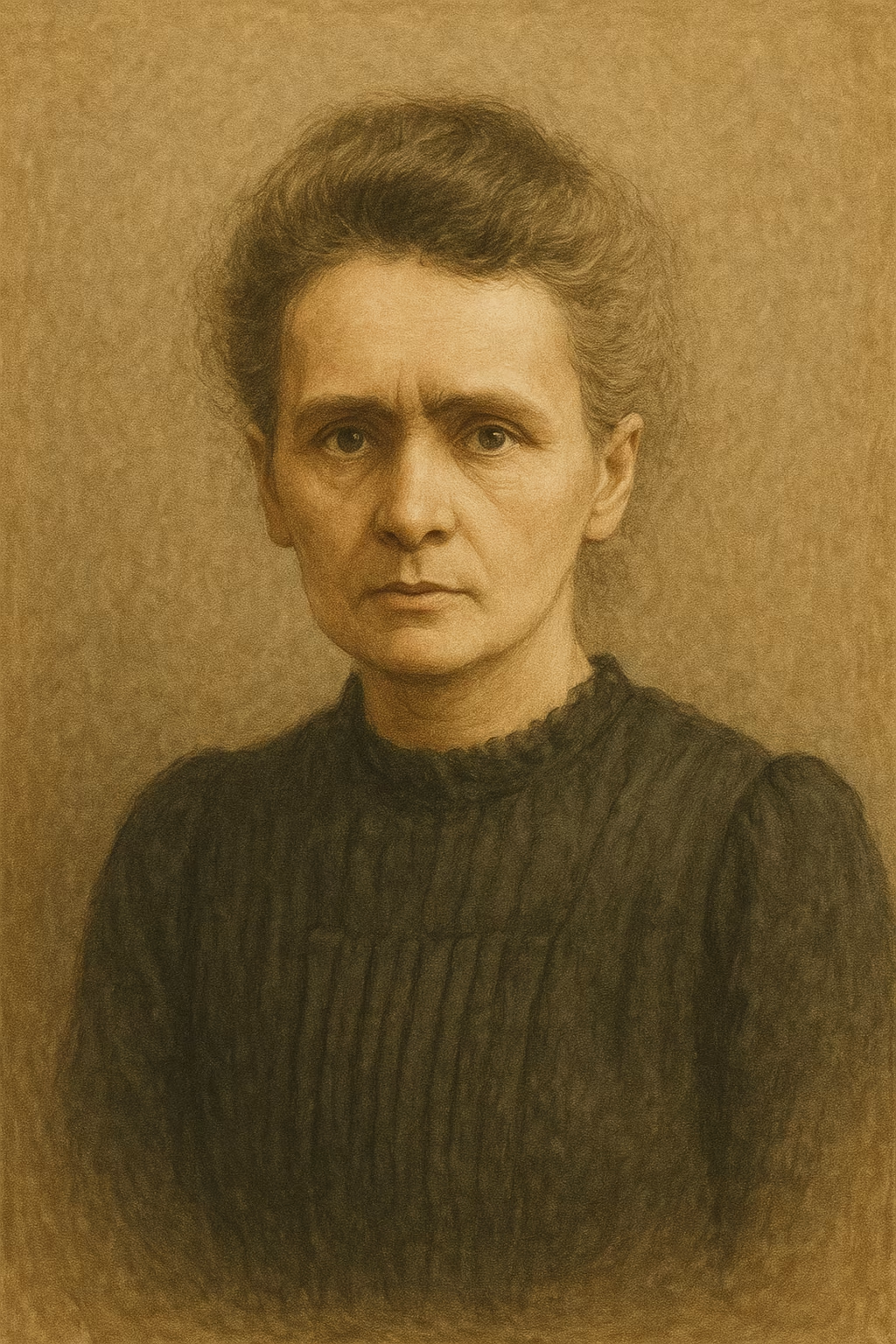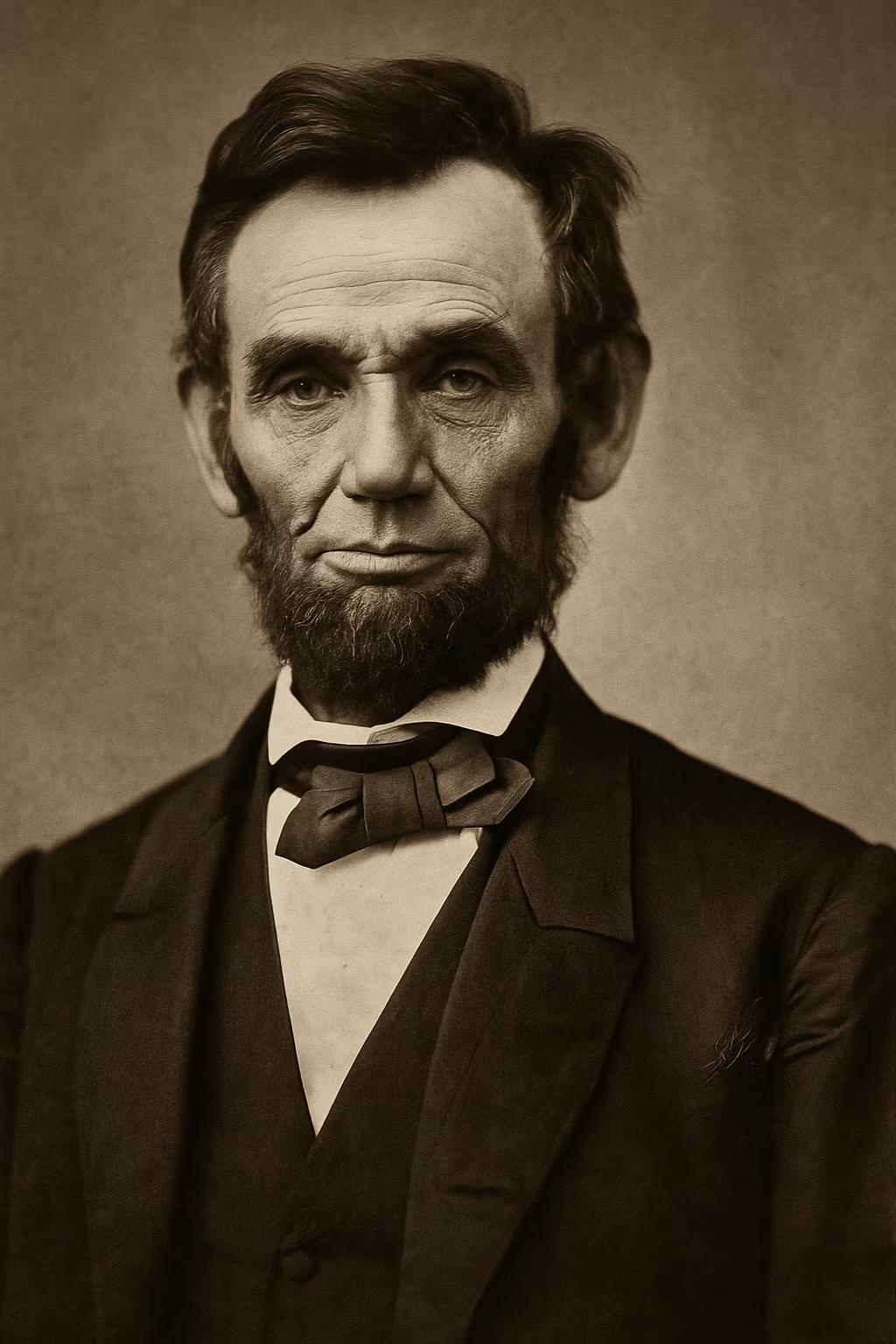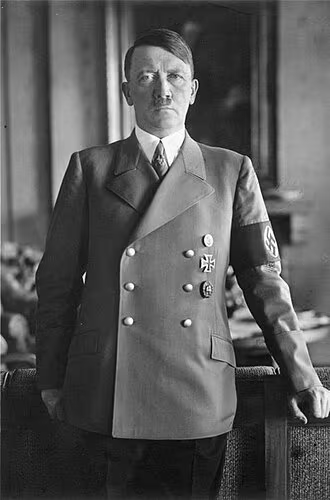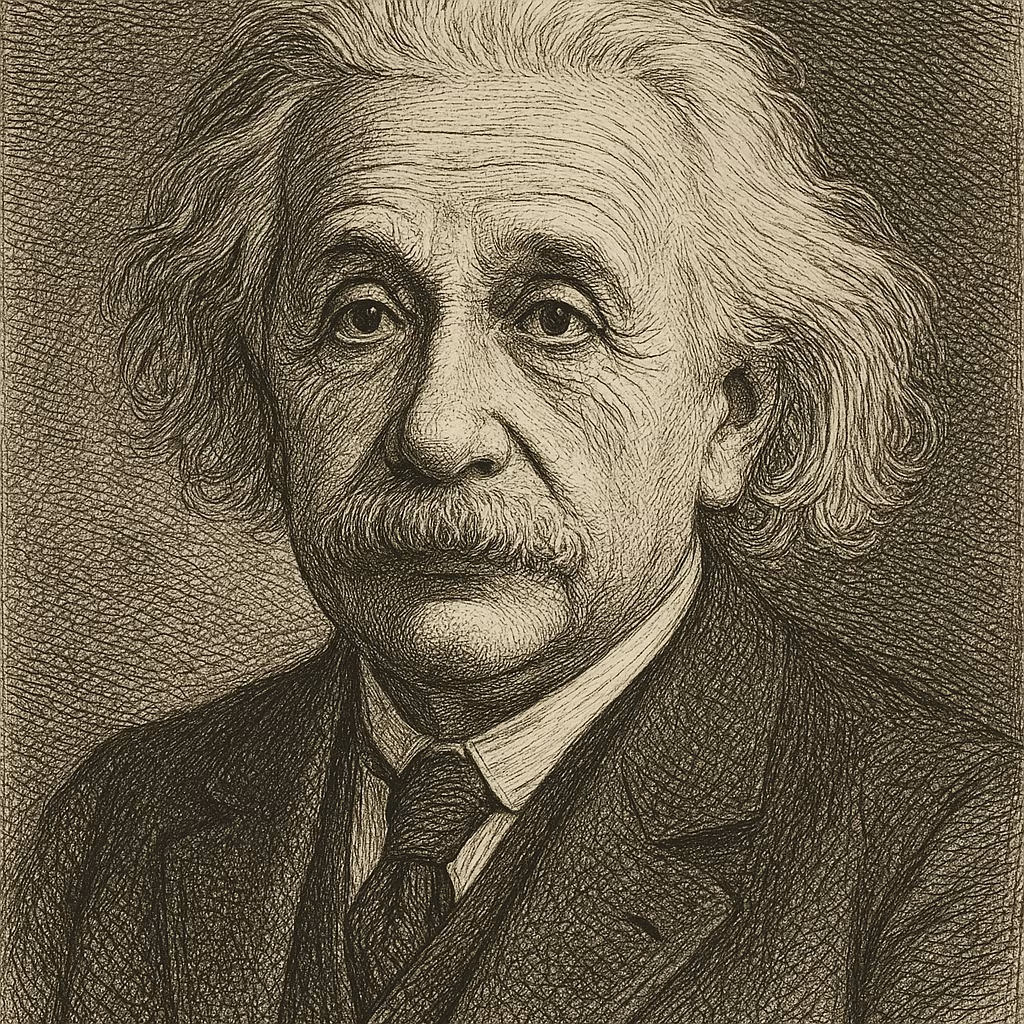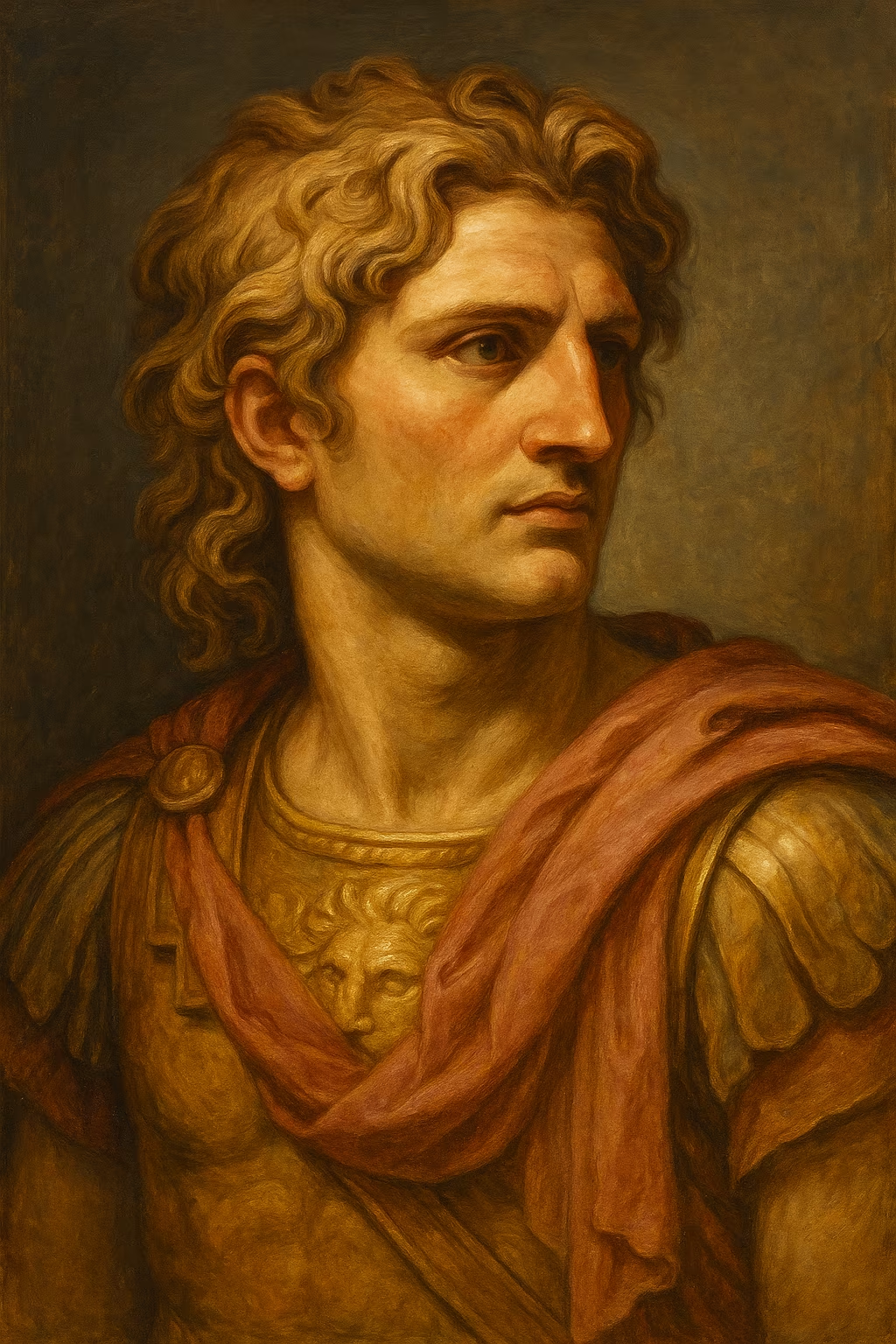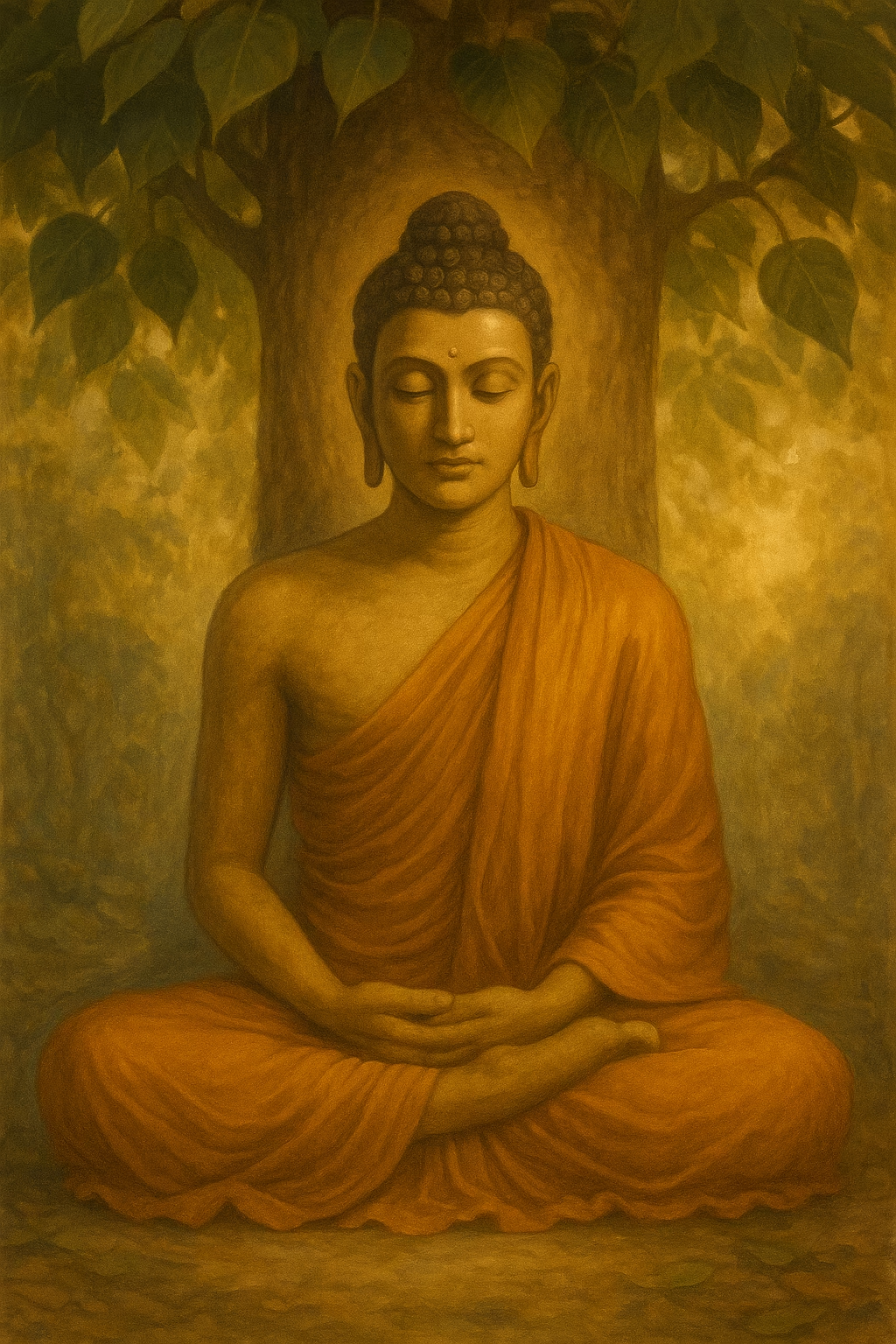Welcome to HistoricFigures
HistoricFigures is a digital encyclopedia dedicated to the in-depth exploration of the figures
who have shaped world history. Our mission is to make history accessible to everyone by
providing detailed biographies, rigorous historical analyses, and quality editorial content.
Each historical figure presented on our site is the subject of in-depth research from multiple
and verified sources. We strive to present not only established historical facts, but also
contextual analyses that allow for a better understanding of the impact and legacy of these
exceptional figures.
Our unique approach consists of interconnecting biographies with specialized sites (Batailles
de France, Dynasties Legacy, Timeline France), thus offering a holistic vision of history
where figures, events, and contexts naturally intertwine for a complete understanding of
the past.
Why History Continues to Fascinate Us
The study of historical figures offers us much more than a simple collection of dates and
events. It allows us to understand the mechanisms that have shaped our contemporary world,
to grasp the human motivations that transcend eras, and to appreciate the complexity of
decisions that have determined the course of humanity. Each biography we present is a
window opened onto an era, a society, and a worldview that continues to influence our present.
Through our comparative analyses, thematic articles, and methodological guides, we explore
the subtle links that unite the great figures of history. How did Napoleon draw inspiration
from Alexander the Great? Why do some figures become legends while others fall into oblivion?
What are the mechanisms that transform an individual into a historical symbol? These questions,
and many others, find answers in our in-depth editorial content.
Our Research Methodology
Each biography published on HistoricFigures results from a rigorous process of research and
verification. We consult primary sources (period documents, correspondence, archives), quality
secondary sources (works by recognized historians, academic articles), and we systematically
cross-reference information to ensure its accuracy. Our team of contributors, composed of
historians and passionate researchers, is committed to maintaining the highest standards of
historical rigor while making content accessible to the general public.
We firmly believe that history must be presented in a balanced manner, exposing different
viewpoints and clearly distinguishing established facts from interpretations or legends. This
critical and nuanced approach allows our readers to develop their own understanding of historical
figures and their legacy.
